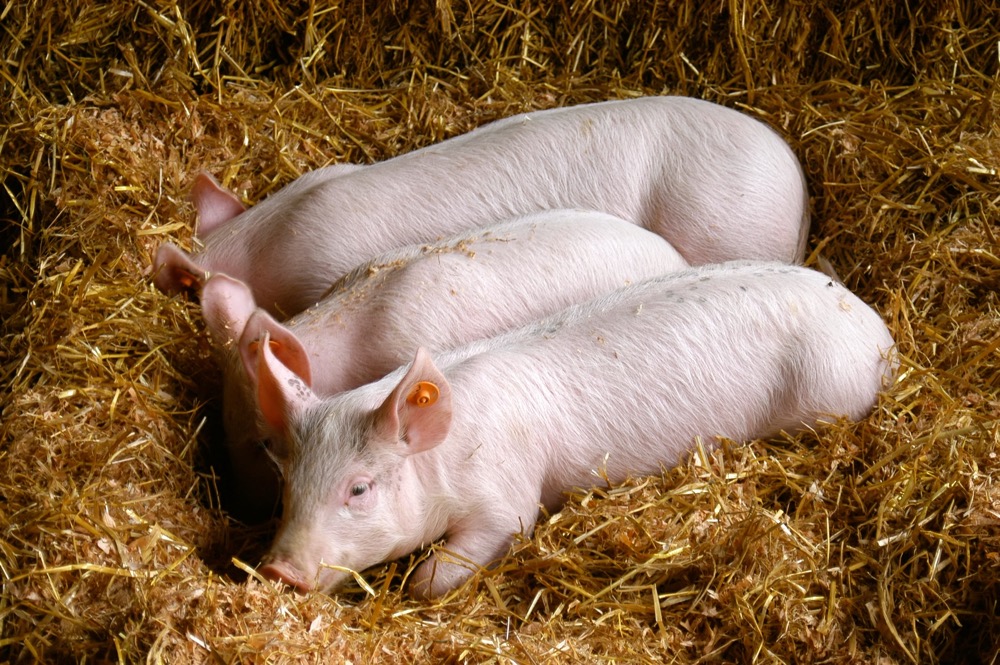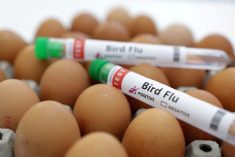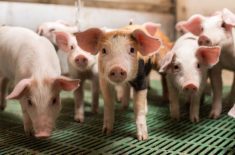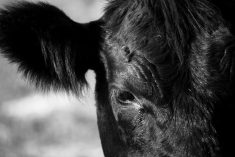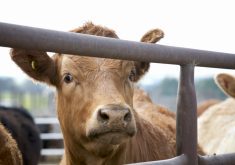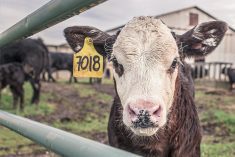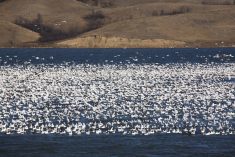If you raise pigs — whether in a commercial setting, on a natural or organic operation or in the backyard — get a Premises Identification.
“During the outbreak, we used it for tracing, and we used it for notifying farms in the risk area,” said Dr. Julia Keenliside, veterinary epidemiologist with Alberta Agriculture and Forestry.
“Everyone who has even one pig on their premise should have Premises ID and be registered with Alberta Pork because if there is an outbreak, we can contact you and let you know if there’s a risk in your area.”
Read Also

Farming Smarter receives financial boost from Alberta government for potato research
Farming Smarter near Lethbridge got a boost to its research equipment, thanks to the Alberta government’s increase in funding for research associations.
Everybody who moves pigs, even if it is just one pig, should register their pigs with Alberta Pork’s Swine Traceability system, she said.
The traceability system is invaluable during outbreaks.
“If there is an outbreak we can then contact you and let you know if there’s a risk in your area,” said Keenliside.
During porcine epidemic diarrhea virus (PEDv) outbreaks earlier this year, producers within the area knew about the cases within the hour, and were able to halt movement of their pigs.
“The Premises ID and traceability are such powerful tools for controlling disease outbreaks and they work wonderfully for PEDv and it really helps us manage disease in Alberta,” said Keenliside.
The stakes are even higher when it comes to African swine fever — which has devastated China’s pig herd, causing it to shrink by a third, and infected animals in more than a dozen other countries (although none in North or South America).
As with PEDv, the disease can be spread through feed and that has officials here worried.
“We’re concerned that the small producer might be at higher risk for African swine fever because of sources of feed,” she said.
Commercial swine producers usually use feed mills, but smaller producers may feed waste products. If a waste product is not licensed by the Canadian Food Inspection Agency, it could contain meat or pork products from a country with African swine fever, and a producer could introduce the virus to their herd.


